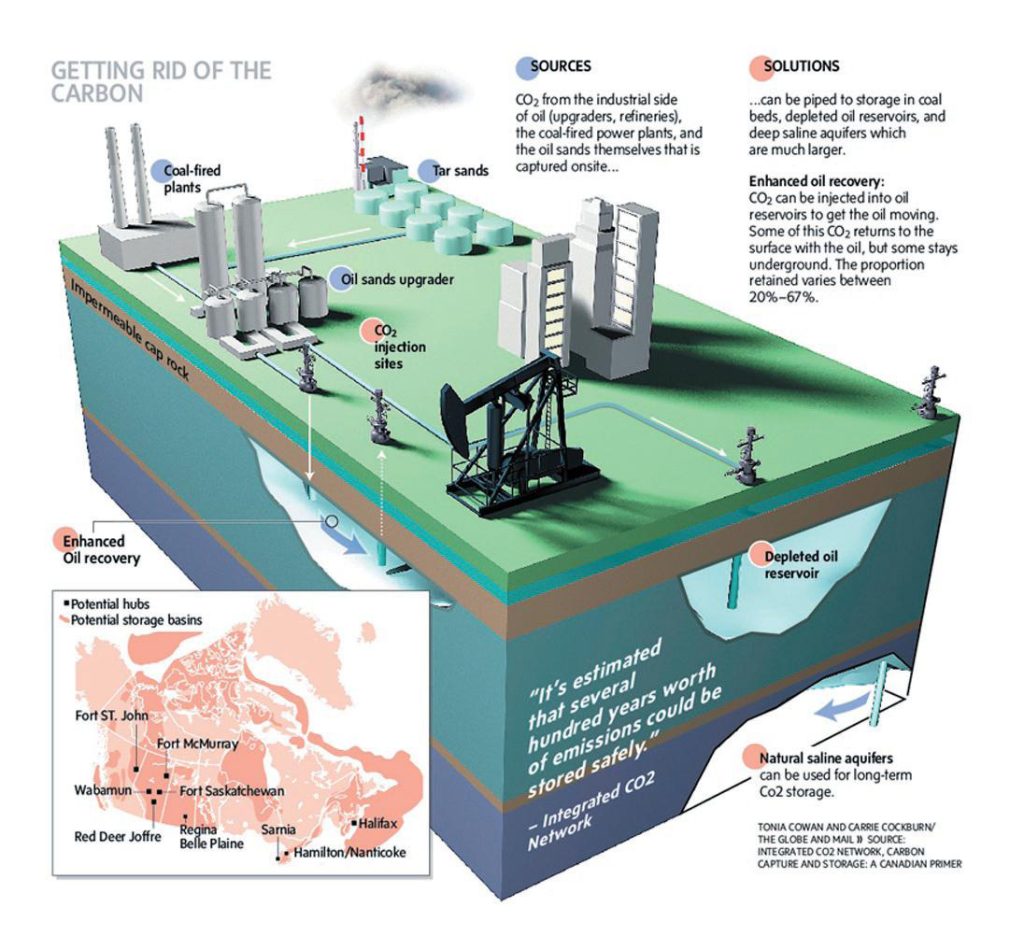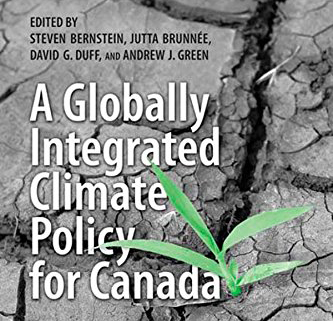Unbounded Uncertainty #2
Most of us want to believe that our institutions are rational, durable and fair, directed by experts who have a grip on bedrock reality and understand how things work, who will take care of severe problems when they arise. The possibility that no one knows enough to protect us is terrifying, almost unthinkable.Now, as we’ve watched the deal-making in Washington, we’ve looked into the abyss of the unthinkable.









